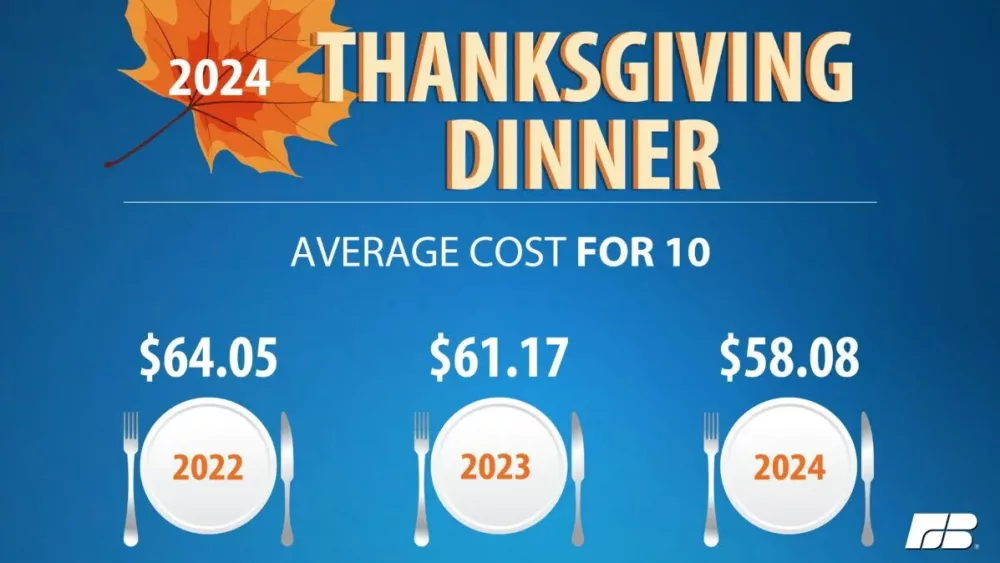(The Center Square) – A group of Washington lawmakers wants to protect children by lengthening the required time of state supervision once a child is returned to a parent who is recovering from a substance abuse disorder
“We are neutral on proposed legislation as always, but I appreciate the intent of HB 1891 to enhance protection of a child after the child is returned to a parent in the home,” Patrick Dowd, director of the Office of the Washington State Family and Children’s Ombuds, told the House Committee on Human Services, Youth, & Early Learning on Tuesday. “However, I do question whether a required minimum of 12 months of supervision after reunification is a cost-effective strategy.”
House Bill 1891 would require the Department of Children, Youth, and Families supervision to continue for at least 12 months – instead of six months as required under current law – after a child returns home during a child welfare case involving substance abuse disorder on the part of a parent.
“A minimum of 12 months supervision in cases involving substance use disorder, which is really the majority of dependency cases, would have a significant cost impact on the Department of Children and Youth and Families, as well as the Office of Public Defense, the court system,” Dowd continued. “So I would ask if you would consider if these funds might be more effectively allocated to provide direct services to support families and provide direct services.”
Brett Balou with the Washington State Office of Public Defense expressed concerns about the bill.
“The biggest concern is it takes away discretion from the court when sometimes discretion is needed from the court,” Balou said. “I think of a parent who got clean a month into their dependency case and continued to remain clean, but maybe it still took a couple of years due to lack of housing or lack of services in their community, that person who’s been clean for two years has to be under 12 months of supervision, and I know we really want government out of our lives as much as possible.”
“We know that it’s harmful, so I worry about the lack of discretion courts would have for individual cases,” Balou concluded.
Rep. Travis Couture, R-Allyn, had a question for Dowd.
“What is the correct balance between the safety of the child versus the trauma of separating families?” he asked. “Especially given the dramatic increase in child fatalities. Do you believe the current state law strikes that balance?”
Dowd replied, “I do believe it does. We are moving into a new way where people are figuring out where that balance is and some of the new standards.”
Rep. Jim Walsh, R-Aberdeen, then asked, “For clarity, do you believe the policy under HB 1227 makes for improving child welfare in Washington?”
In 2022 the Washington State Legislature passed House Bill 1227, the Keeping Families Together Act. The act made several changes to the Juvenile Court Act regarding child dependency cases. The law is mean to safely reduce the number of children placed into foster care, reduce racial disproportionality in the child welfare system, and support relatives to take care of children when they must be placed out of home to protect their safety.
“Well, you have to look at the balance and the number of children that … you have trauma to children when they are removed from their homes,” Dowd answered. “It’s what we understand, so I understand some of the concerns where children have been hurt or children have died, but I’m saying that’s always been true in our society, and we have to figure out where the right balance is.”
Walsh spoke to The Center Square after the hearing.
“This bill is just one take on a large issue that many bills are trying to solve,” he said.
Walsh went on to say, “This has to do with children’s welfare when the parents are active addicts and in the throes of addiction, which could be more often of late fentanyl, but also meth, cocaine, alcohol, so what do we do as a society when the parent is actively in addiction and has a child.”
“What me and my colleagues want to see is more supervision, more CPS visits, more oversight by DCYF, but the state agency wants less supervision because it doesn’t want to be responsible for what happens.”
A report from the Washington State Family and Children’s Ombuds shows there were 85 deaths of children under state supervision in 2022.
Twenty-two of those deaths were due to accidental drug ingestion or overdose; two-thirds of those were fentanyl.





